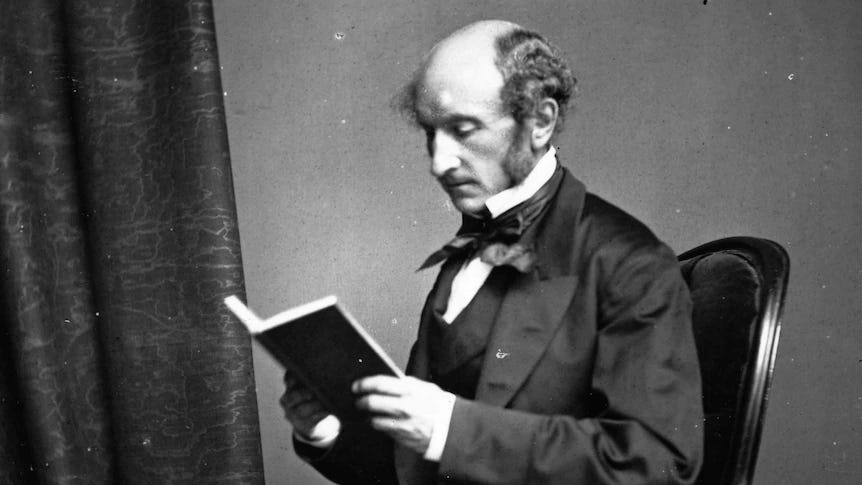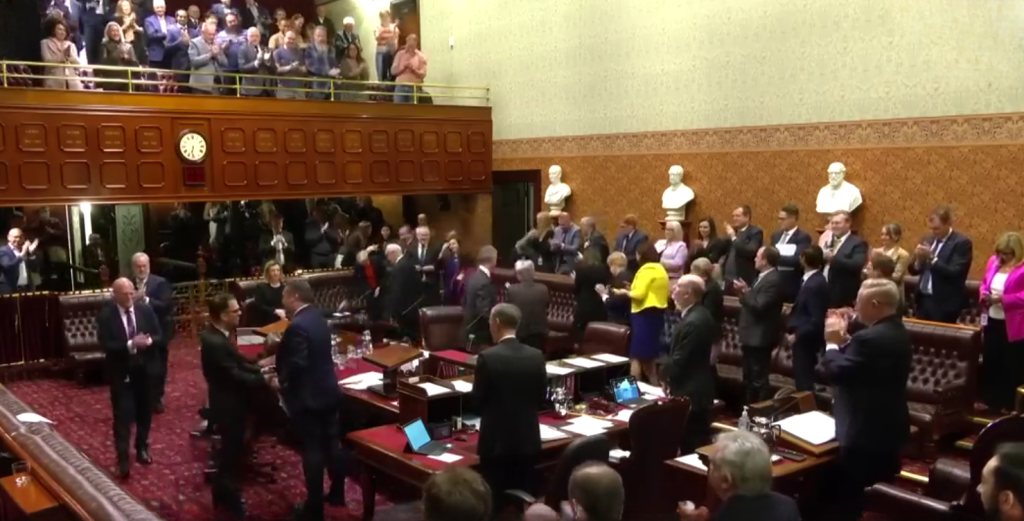What Happens After Saturday?
She was a young tall Indian beauty, perhaps a model, but maybe an engineering student. She passed me as I handed out No how-to-vote cards to prospective voters at the pre-poll in Brisbane. She called to the exuberant Yes booth worker beside me, “I’m not a citizen, I can’t’ vote, but I am with you, why wouldn’t I, just look at me!”
Colour solidarity seems alive and well in this referendum. Prime Minister Albanese has stood shoulder-to-shoulder with leaders of various ethnic associations, feeding the shallow thoughts of our Indian non-citizen: that colour should define us, and divide us, forever. What a poor leader is the Prime Minister, and what a despicable proposition is the Voice.
The referendum was an act of ego by elites who have rarely acted in the common interest.
Others were not so shallow as our young visitor. A PNG native took my No card, and several Malay women, along with lots of white Aussies who just winked, and took the card. I have travelled the country speaking to forums, and while most No voters that I spoke to are quiet Australians, they can spot a crude grab for power that is the Voice. Emotions are running high, mostly on the Yes side, such is their moral hubris. Because of them, the narrative will be that there will be a fair bit of putting Humpty Dumpty together again after Saturday.
Prime Minister Albanese will have to wear his constant castigation of Australians for not accepting the “gracious gift” of the Trojan Horse. Many Yes supporters, smug in the certainty they were right, will think of their fellow citizens as ill-informed or hard-hearted.

For the majority, the best way to put the Humpty Dumpty narrative to bed is to realise it doesn’t exist. The referendum was an act of ego by elites who have rarely acted in the common interest. Mining company leaders donated millions of corporate dollars to the Yes cause at the same time environmentalists were making mincemeat of legal procedures over ‘inadequate’ consultation with indigenous peoples on new mines.
Charities poured millions into Yes coffers, undercutting their donor’s intentions to help the poor and instead helping middle class Aboriginal leaders to the spoils of office. Celebrities can return to their magazines and make-up mirrors assured of their dinner party invitations. Academics can write deep analyses of the faults in the minds of lesser beings outside of the walls of the academy, or more accurately, outside of their control.
Australians are not broken. They will have served democracy well. They can return to their day jobs on Monday, while those who have an enduring interest will be left to pick over the entrails of Aboriginal politics. In this task I want your help: Aboriginal leaders in the Yes camp may have declared that they will “fall silent” or never again “perform a welcome to country” should the referendum crash and burn, but they will not give up their jobs in the industry.
Shallow thoughts … that colour should define us, and divide us, forever. What a poor leader is the Prime Minister, and what a despicable proposition is the Voice.
With your help, we must overturn the separatist ideology that drives this industry. If you want to stop the next generation of failed programs and destroyed lives you should join with those who want to reclaim a sensible path to a decent life for Aborigines.

Race-based policies must be phased out. Need, not race, is the new mantra. We at Close the Gap Research will resume work on Sunday. It will be a long haul, winning one battle is but a step in winning the war. Please join us.
Gary Johns is Principal of CloseTheGapResearch.org.au
















